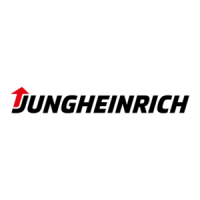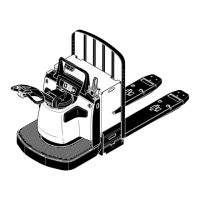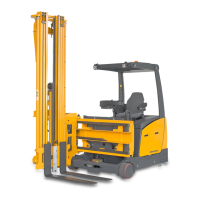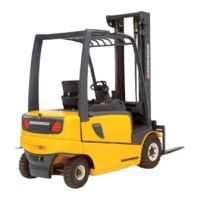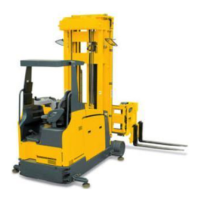8 Cleaning batteries
Batteries and trays must be cleaned in order to
– Maintain cell insulation and protect cells from ground or external conductive parts.
– Avoid damage from corrosion and stray currents.
– Avoid excessive and varying automatic discharge of the individual cells or block
batteries due to stray currents.
– Avoid electric sparking due to stray currents.
When cleaning the batteries make sure that:
– The assembly site chosen for cleaning is close to a drainage system for
processing the electrolytic rinsing water.
– All health and safety as well as water and waste disposal regulations are
observed when disposing of used electrolyte or rinsing water.
– Protective goggles and clothing are worn.
– Cell plugs are not removed or opened.
– Clean the plastic components of the battery, in particular the cell containers, only
with water or water-based cloths without any additives.
– After cleaning, the top of the battery is dried with suitable equipment, e.g.
compressed air or cloths.
– Any fluid that has entered the battery tray must be suctioned off and disposed of
in accordance with the above-mentioned regulations.
168
04.19 en-GB
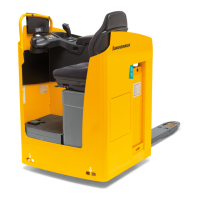
